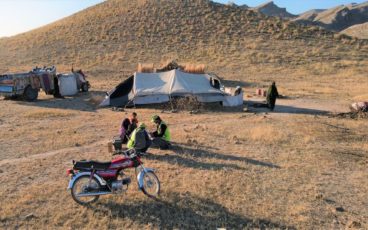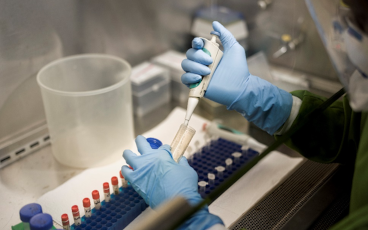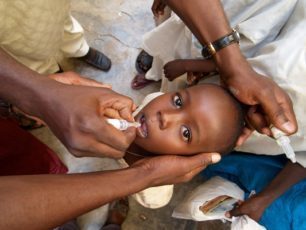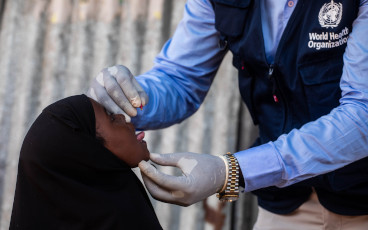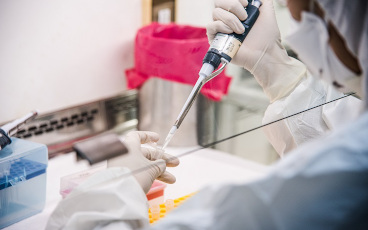Outbreak response activities continue in Tajikistan and neighbours
Tajikistan has held four rounds of vaccination activities
Tajikistan has held four rounds of vaccination activities in response to an outbreak of polio now totalling 183 paralyzed children (as of 8 June), and at least one further round is planned. The number of cases reported has started to decline following the mass vaccinations.
Neighbouring countries continue to take precautionary measures: Uzbekistan has held two nation-wide campaigns with reportedly high coverage of children; children living in the bordering provinces of Afghanistan have been vaccinated twice since the outbreak was reported in Tajikistan: in Russia, control measures and heightened surveillance are in place.
The size of the outbreak in Tajikistan means that it outstrips all other polio-affected countries, accounting for more than two-thirds of all polio cases in the world this year. Until polio is eradicated, any country is at risk of an importation, and high population immunity is the only protection against a large outbreak.
Tajikistan is in the European Region of the World Health Organization, certified polio-free in 2002. Three of the four remaining polio-endemic countries in the world are close to or bordering Tajikistan: Afghanistan, India and Pakistan. The poliovirus that has caused the Tajikistan outbreak is of Indian origin.
Reporting from the latest campaign in Uzbekistan
Epidemiological updates from WHO European Region


